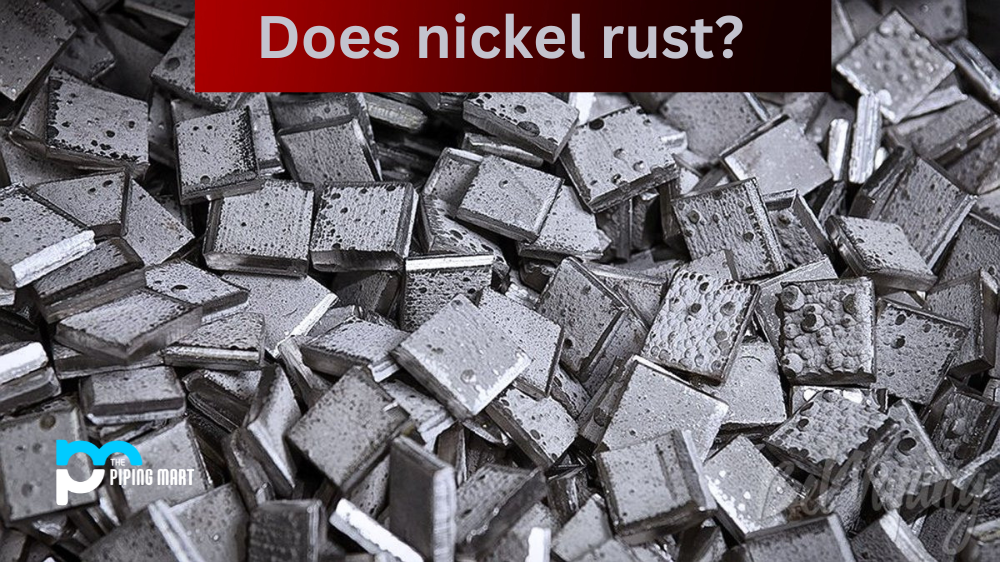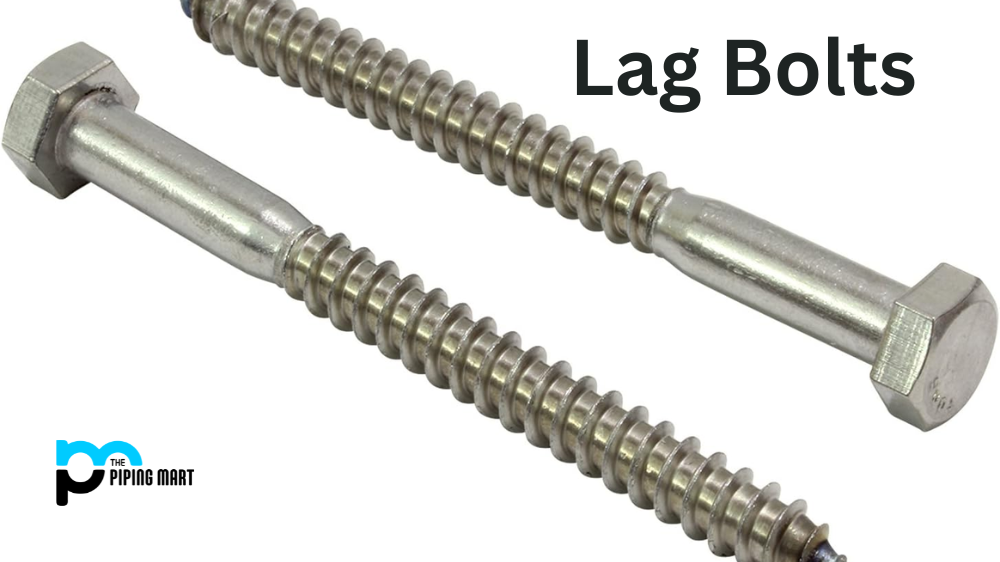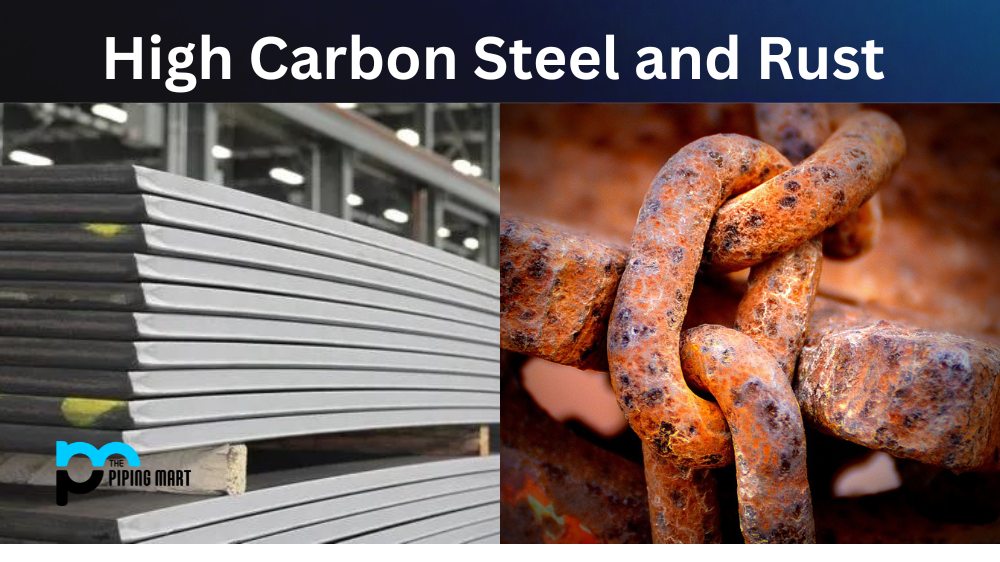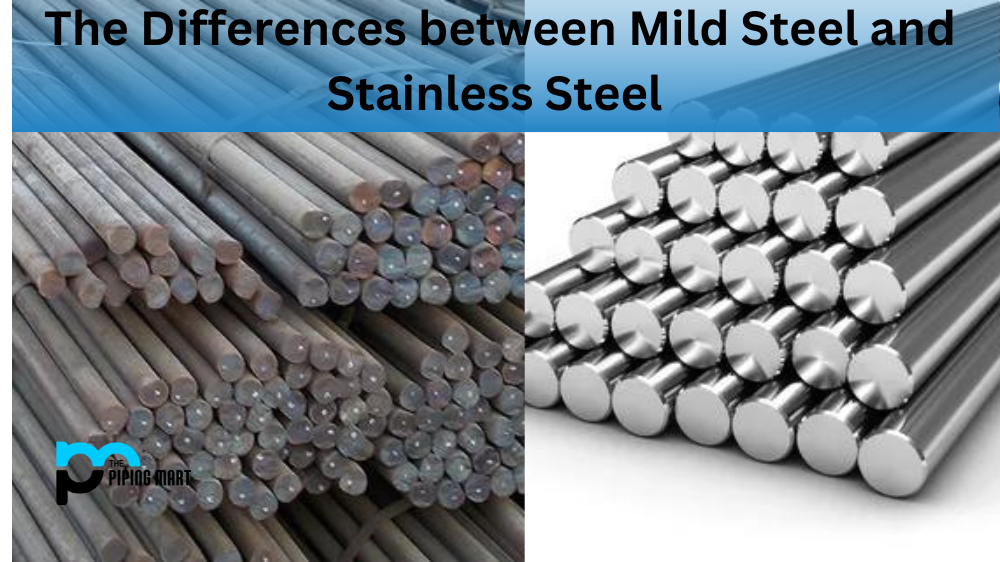Whether you’re a metalworker, engineer, or DIY enthusiast, understanding which metals rust is essential. One metal that often causes confusion is nickel. Does nickel rust? To answer this question, we need to first explore the properties of nickel and how it interacts with other elements. In this blog post, we will discuss the corrosion resistance of nickel and what conditions can cause it to rust.
What Is Nickel?
Nickel is a chemical element with the symbol Ni and atomic number 28. It’s a silvery-white metal that has excellent heat and corrosion resistance properties. Nickel is naturally magnetic and ductile, meaning it can be easily formed into shapes without breaking or cracking when subjected to pressure. It’s also extremely resistant to oxidation in air at room temperature, making it an excellent choice for many industries, including aerospace, electronics, automotive manufacturing, jewellery making, and more.
Does Nickel Rust?
The short answer is no—nickel does not rust under normal environmental conditions. However, nickel can corrode if exposed to certain acids or high temperatures over extended periods of time. For example, prolonged contact with sulfuric acid (H2SO4) can cause nickel to form a black oxide layer on its surface called “black nickel”, which can eventually lead to corrosion over time. Additionally, exposing nickel to temperatures over 300°C (572°F) for long periods of time can cause it to oxidize in air or water vapour environments due to the increased thermodynamic activity at these temperatures.
While nickel does not normally corrode or rust under normal environmental conditions like iron or steel does when exposed to oxygen and moisture, it still needs protection from certain aggressive media such as acids and high temperatures in order to maintain its integrity over time. Fortunately, there are coatings available such as zinc plating or anodizing, that can be applied, which will protect the underlying material from damage caused by corrosive agents or high temperatures.
Conclusion:
In conclusion, while nickel does not typically corrode or rust under normal environmental conditions like iron does when exposed to oxygen and moisture over extended periods of time; however, it still needs protection from certain aggressive media, such as acids and high temperatures, in order to maintain its integrity over time. By understanding these factors associated with the properties of nickel, you can make an informed decision about which type of coating would best suit your application needs!

Pipingmart is a B2B portal that specializes in metal, industrial and piping items. Additionally, we share the latest information and information about materials, products and various types of grades to assist businesses that are involved in this business.




